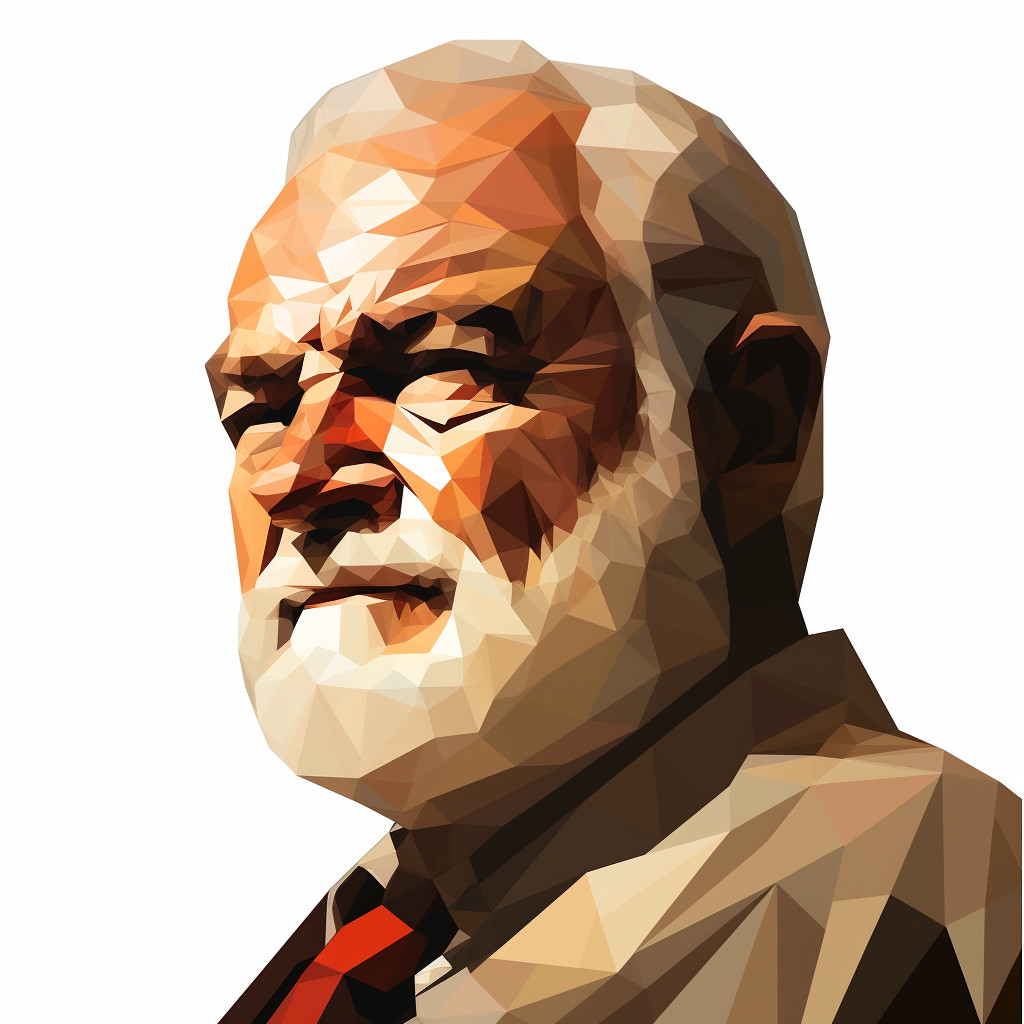This quote suggests that the author’s passion or purpose in life was not something he consciously selected, but something that naturally found him. It implies a sense of destiny or fate, as though the subject was predestined and unavoidable. The subject here could refer to a variety of things such as a career, a hobby, a passion, or even a life mission.
The idea is that sometimes, we don’t necessarily choose our paths, but our paths choose us. It’s about the organic convergence of our interests, skills, and circumstances that lead us to our true calling. It’s about the moments when we feel a magnetic pull towards something that feels larger than us and beyond our control.
Applying this concept to today’s world, it could be seen in how some people naturally gravitate towards certain careers or passions. For instance, a person might have planned to become a lawyer, but finds themselves irresistibly drawn to music, eventually realizing that it’s their true calling.
In terms of personal development, this idea encourages us to be open, receptive, and attentive to our inner selves. It suggests that we should not force ourselves into paths that don’t resonate with us, but instead, allow our natural inclinations to guide us. It encourages us to listen to our intuition and follow what truly excites and motivates us, as this could lead us to our real purpose in life. It’s about recognizing and embracing the idea that sometimes, the best choices are those that are instinctively made, not intellectually decided.
In essence, Hemingway’s quote invites us to trust life’s process and believe in the organic unfolding of our journey, even if it means diverging from our initial plans. It’s a reminder that sometimes, the things we’re meant to do find us, rather than the other way around.






